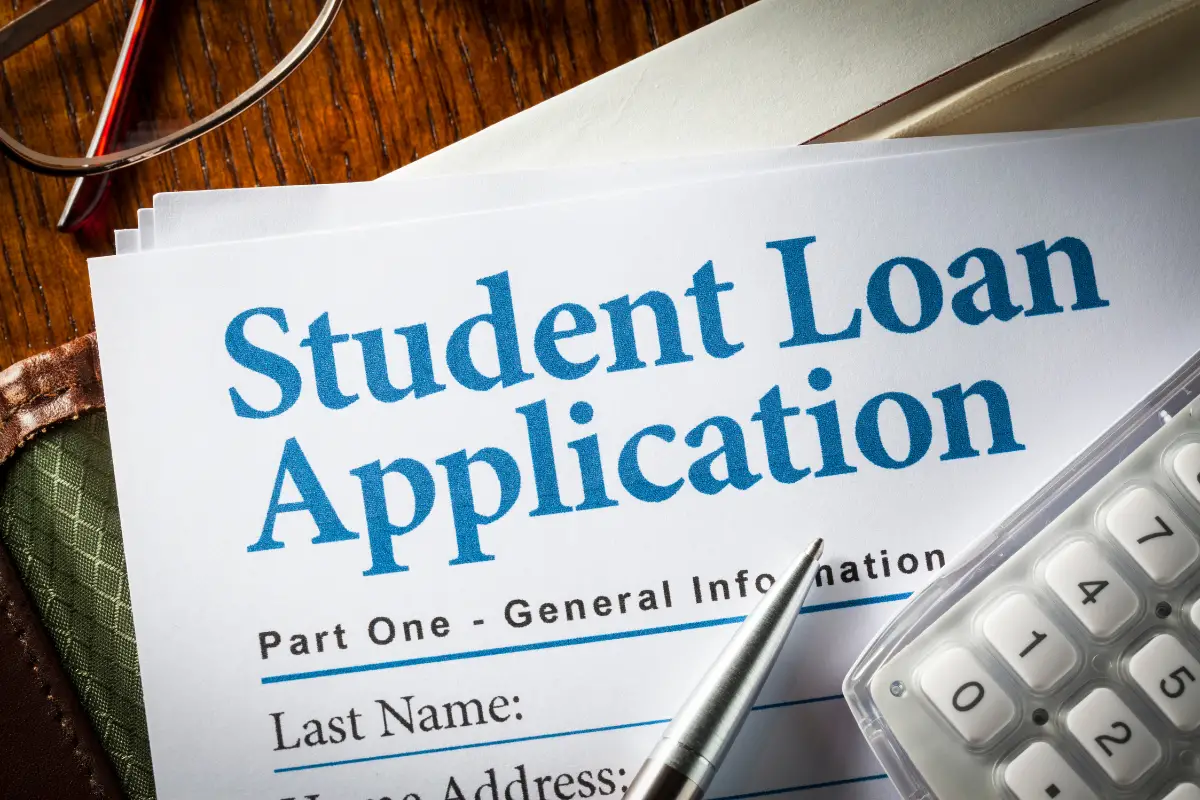Many individuals pursuing higher education face financial challenges, especially when it comes to funding tuition. For those with bad credit, personal loans can provide a viable solution, and several lenders offer options specifically designed for this demographic. Understanding the landscape of available loans is crucial for navigating this process effectively.
Finding the best 8k personal loan for tuition with bad credit requires careful consideration of interest rates, repayment terms, and eligibility criteria. This guide will explore various loan options, helping borrowers identify lenders that cater to those with less-than-perfect credit.
Students and prospective learners can benefit from knowing their options, ensuring they make informed decisions that align with their financial circumstances and educational goals.
Understanding 8K Personal Loans for Tuition

A personal loan of $8,000 can be a practical choice for students needing financial assistance for tuition, especially when faced with bad credit. Various types of loans are available, and understanding their nuances can help borrowers make informed decisions. Additionally, the impact of one’s credit profile and the associated costs are significant factors to consider.
Types of Personal Loans
Personal loans come in several forms. The most common types include:
-
Secured Loans: These loans require collateral, such as a vehicle or property, which may lower interest rates. Risk is reduced for lenders, thus providing better terms.
-
Unsecured Loans: No collateral is necessary, but they often have higher interest rates. Borrowers rely on creditworthiness for approval.
-
Peer-to-Peer Loans: These loans connect borrowers directly with individual lenders through platforms. They can offer competitive rates but may require good credit.
Each type serves different circumstances, and borrowers should evaluate which suits their financial profile, particularly with bad credit.
Impact of Bad Credit on Loan Terms
Bad credit significantly influences loan terms. Lenders typically assess credit scores when determining eligibility. For borrowers with lower scores, expect the following consequences:
-
Higher Interest Rates: Lenders may charge higher rates to mitigate risk. This increases the overall cost of the loan.
-
Lower Loan Amounts: Some lenders might limit the amount available to bad credit borrowers, potentially falling below the needed $8,000.
-
Stricter Approval Criteria: Qualifying for unsecured loans becomes challenging. Borrowers may need to provide additional documentation or find a cosigner.
Understanding how bad credit affects loan options helps borrowers navigate their choices.
Examining Loan Costs and Fees
When considering a personal loan, it’s essential to acknowledge potential costs. Key factors to examine include:
-
Interest Rates: Fixed versus variable rates affect total repayment amounts. Fixed rates offer stability, whereas variable rates can fluctuate.
-
Origination Fees: Many lenders charge fees for processing the loan, often deducted from the total amount. This can reduce the effective loan received.
-
Prepayment Penalties: Some loans impose fees if paid off early. Borrowers should inquire about this to avoid unexpected costs.
Evaluating these costs aids borrowers in understanding the true financial commitment associated with an $8,000 personal loan for tuition.
Navigating the Application Process

Applying for an 8K personal loan for tuition with bad credit involves several important steps. Understanding the eligibility criteria, the necessary documentation, and how to successfully apply can greatly increase the chances of approval.
Eligibility Criteria for 8K Loans
To qualify for an 8K personal loan for Tuition with Bad Credit, borrowers typically need to meet specific eligibility criteria. Lenders often require applicants to be at least 18 years old and a U.S. citizen or permanent resident.
Credit Score Requirements:
- Many lenders consider a credit score of 580 or higher.
- Some may accept lower scores but may charge higher interest rates.
Income Verification:
- Proof of stable income is crucial.
- This can be from employment or alternative sources like Social Security benefits.
Debt-to-Income Ratio:
- A lower ratio indicates better financial stability.
- Most lenders prefer a ratio below 40%.
Documents Required for Loan Approval
Gathering the necessary documentation is vital for a smooth application process. Each lender may have specific requirements, but commonly required documents include:
- Identification: State-issued ID or Social Security card.
- Proof of Income: Recent pay stubs, tax returns, or employment letters.
- Bank Statements: Last few months’ statements to demonstrate financial stability.
- Credit History: A recent credit report may be requested to assess creditworthiness.
Having these documents ready can streamline the approval process. Failure to provide the required papers can delay or derail the application.
How to Apply with Bad Credit
Applying with bad credit requires strategic steps. It’s essential to research lenders who specialize in bad credit loans, as some institutions have flexible policies.
Steps to Take:
- Prequalify: Many lenders offer prequalification, allowing borrowers to gauge eligibility without affecting their credit score.
- Provide Accurate Information: Accuracy is crucial when filling out applications. Ensuring all data aligns with supporting documents can prevent issues.
- Consider a Co-signer: If possible, having a creditworthy co-signer can improve the chances of loan approval and potentially secure better terms.
- Explore Alternative Options: Investigating credit unions or peer-to-peer lending platforms may yield more favorable terms.
Following these steps can improve the chances of obtaining an 8K personal loan, even for those with less-than-ideal credit.
Conclusion
Navigating the process of securing an $8,000 personal loan for tuition with bad credit can be challenging, but with the right information and preparation, it’s possible to find a loan that fits your needs. Understanding the different types of loans, the impact of your credit score, and the costs involved is crucial in making an informed decision. Whether you’re applying for a secured or unsecured loan, exploring peer-to-peer lending, or considering a co-signer, the steps outlined can help improve your chances of approval. Remember, the key to success is thorough research, careful planning, and ensuring you meet all the necessary eligibility requirements. By following these tips, you’ll be better equipped to secure the funding you need for your education while managing your credit responsibly.





